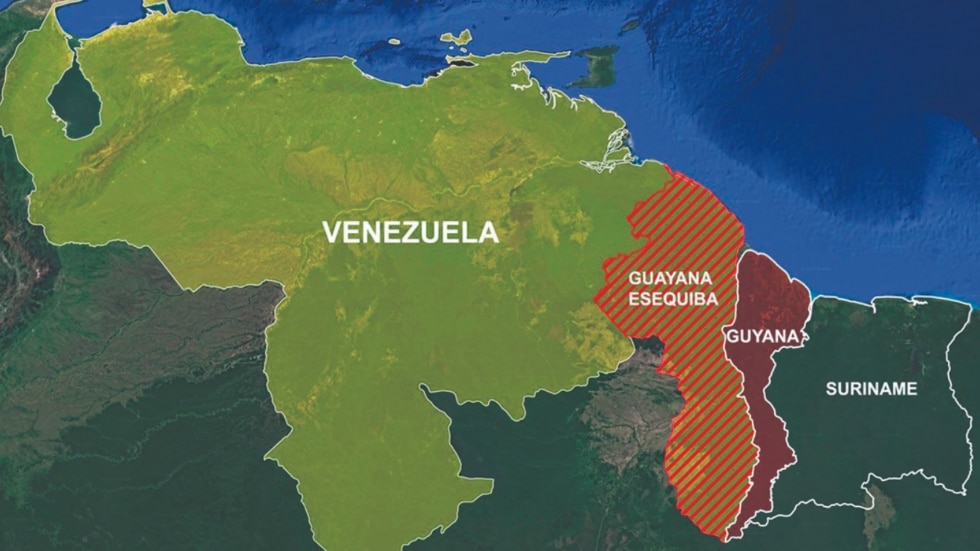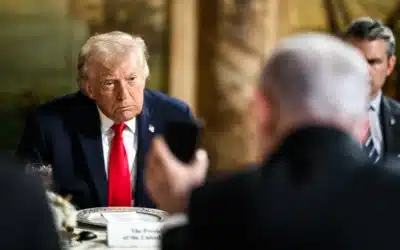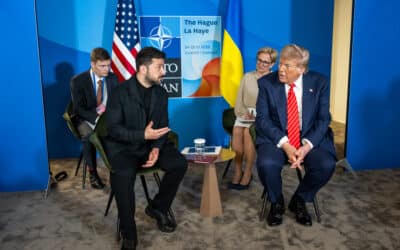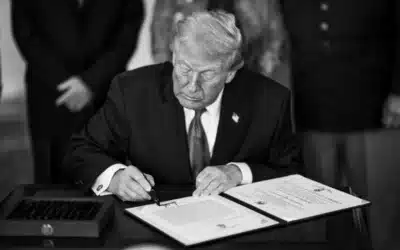Guyana and Venezuela signed an agreement that said they would “not threaten or use force against one another in any circumstances” to resolve their competing claims to the Essequibo region. The talks came after the Brazilian government pressured both nations.
Venezuelan President Nicolas Maduro and Guyanese President Irfaan Ali met in Kingstown, St. Vincent and the Grenadines, for talks negotiated by Brasília and the UN. The discussions centered on the region of Essequibo.
Essequibo is currently controlled by Guyana but claimed by Venezuela. The region has substantial oil resources offshore. Essequibo makes up about two-thirds of Guyana. On December 4, the people of Venezuela voted to claim sovereignty over the region.
The South American neighbors inked a three-page agreement that emphasized the dispute over the Essequibo will not be resolved by force. The deal says both nations agree to “not threaten or use force against one another in any circumstances” and “refrain, whether by words or deeds, from escalating any conflict.”
The agreement was the result of an “excellent day of dialogue,” Maduro touted. “I thank the President of the Cooperative Republic of Guyana, Irfaan Ali, for his candor and willingness to engage in broad dialogue on all the issues addressed, directly,” the Venezuelan Leader posted on X. “I am satisfied to have been face to face as I wanted it for a long time. It was worth it to raise the flag of truth, to raise our historical reasons and to seek, with Bolivarian Peace Diplomacy, the path of dialogue and understanding to channel this historical controversy.”
The Venezuelan X account posted, “Handshake seals the willingness of Venezuela and Guyana to continue the dialogue in order to resolve the controversy in relation to the Essequibo territory.”
The two countries agreed to meet again in Brazil. The Prime Minister of St. Vincent and the Grenadines said resolving the dispute would take several rounds of talks.
The Guyanese leader emphasized he is currently unwilling to make any territorial concession. “All of this belongs to Guyana,” Ali said during a break in negotiations. “Guyana is not seeking war, but Guyana reserves the right to work with all of our partners to ensure the defense of our country.”
The US has signaled support for Guyana by announcing joint military drills that Venezuela slammed as provocative. US Southern Command has conducted flight operations in Guyana during recent days.
This article was originally featured at Antiwar.com and is republished with permission.

































